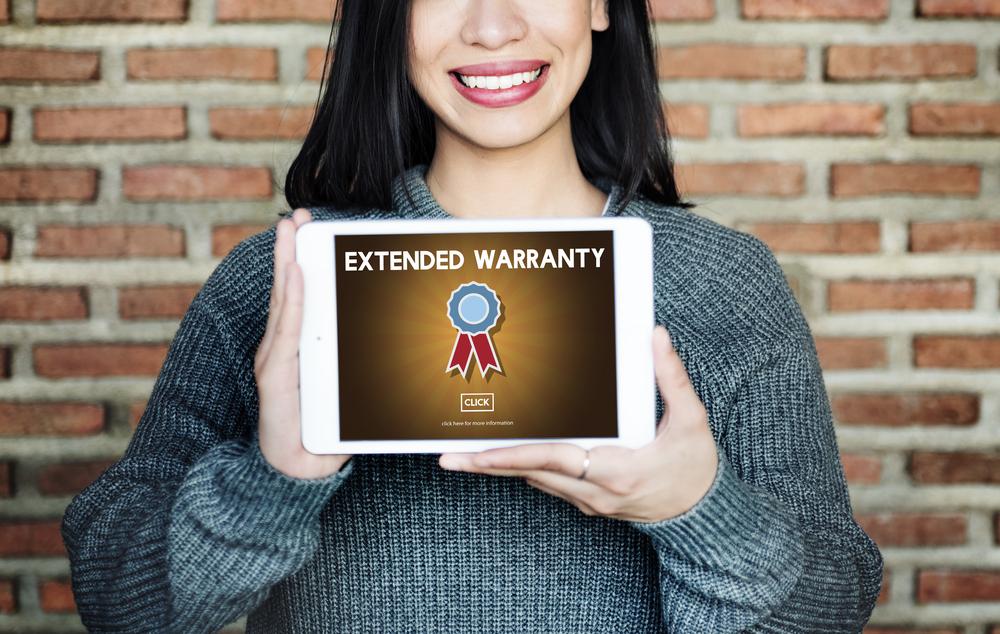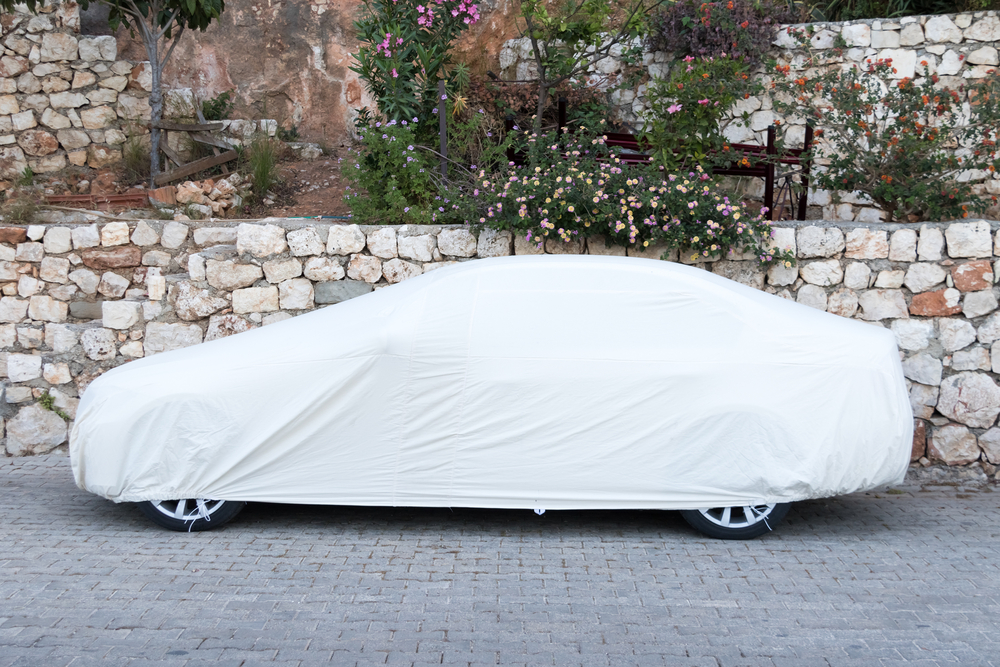Should You Purchase a Used Car Warranty? A Comprehensive Guide to Protecting Your Vehicle Investment
Deciding whether to purchase a used car warranty requires careful consideration of factors like driving habits, vehicle age, coverage, and costs. This comprehensive guide helps you evaluate if an extended warranty offers good value or if saving for repairs is wiser, ensuring you make a financially sound decision to protect your investment in a used vehicle.

Should You Purchase a Used Car Warranty? A Comprehensive Guide to Protecting Your Vehicle Investment
Investing in a used vehicle often signifies a significant financial commitment, and safeguarding that investment is a reasonable concern for any car owner. One common consideration is whether to purchase an extended warranty for a used car. Dealerships frequently promote warranty plans as a way to ensure peace of mind, but is this option genuinely beneficial or simply an upsell tactic? Understanding the nuances of used car warranties can help you make an informed decision that aligns with your financial situation and driving habits.
Before committing to an extended warranty on a used vehicle, it’s important to analyze various factors that influence its value. Each point can significantly impact whether an extended warranty makes sense for your specific circumstances.
1. Assess Your Driving Patterns and Usage
Understanding your daily driving routine is crucial. How much do you drive on average each week or month? Do you often take long trips, or is your driving mostly limited to short commutes? If your annual mileage is relatively low, you might not need extensive coverage, as the likelihood of major repairs decreases. Conversely, if your usage is high, especially for a car nearing the end of its original warranty period, an extended warranty could offer financial protection against unforeseen repairs.
2. Examine Coverage Limitations and Service Locations
Most used car warranties come with restrictions regarding what repairs are covered and where you can have repairs performed. Typically, warranties may only be valid at authorized dealerships, which often tend to charge higher rates for parts and labor. This can sometimes make repairs more expensive than going to a trusted local mechanic. Therefore, consider whether the warranty’s network meets your convenience needs and if you’re comfortable with potential costs associated with authorized service providers.
3. Evaluate the Actual Financial Value
The core question when considering a warranty is whether it provides true financial value. Do some calculations: estimate potential repair costs based on your vehicle’s make, model, and age. Then compare these costs against the total price of the warranty, including premiums and deductibles. If the warranty’s coverage period coincides with your vehicle’s most vulnerable years, it might be worth considering. However, if repairs are unlikely or would be inexpensive, setting aside a savings fund for potential repairs may be more advantageous.
4. Understand What is Covered and What Isn't
Every warranty policy has its fine print. Carefully review the documentation to understand exactly what repairs and components are covered, including engine, transmission, electrical, and other systems. Additionally, identify exclusions, deductibles, and claim limits. Having a clear understanding helps prevent surprises later on and ensures that you are choosing a warranty that truly offers value for your money.
5. Consider the Age and Condition of the Vehicle
The age, mileage, and overall condition of your used car are critical factors. A relatively new used car with low mileage might still have the original manufacturer’s warranty remaining, making an extended warranty less necessary. Conversely, an older vehicle with high mileage may have an increased likelihood of repairs, justifying the purchase of aftermarket coverage.
6. Alternatives to Extended Warranties
Instead of purchasing an extended warranty, consider creating a dedicated repair fund. Regular savings can provide flexibility and allow you to cover unexpected repairs without being tied to specific warranty providers. Additionally, research the reputation and reliability of your particular vehicle model—for some cars, maintenance costs are generally low, reducing the need for extended warranties.
7. How Long Do You Plan to Keep the Vehicle?
Your ownership timeline matters. If you plan to sell or trade your used car within a few years, investing in an extended warranty might not yield substantial benefits. On the other hand, if you intend to keep the vehicle for an extended period, having coverage throughout the years when repairs are more frequent can provide peace of mind and financial predictability.
In conclusion, purchasing a used car warranty can be a worthwhile investment under certain conditions, but it is not universally the best choice. Conduct thorough research into the specific coverage options, compare costs, and evaluate your driving habits and financial situation. Sometimes, self-insuring by setting aside funds for repairs can be a smarter, more flexible approach. Remember, being well-informed and considering your particular needs will help you make the best decision to protect your used vehicle and your financial health.





